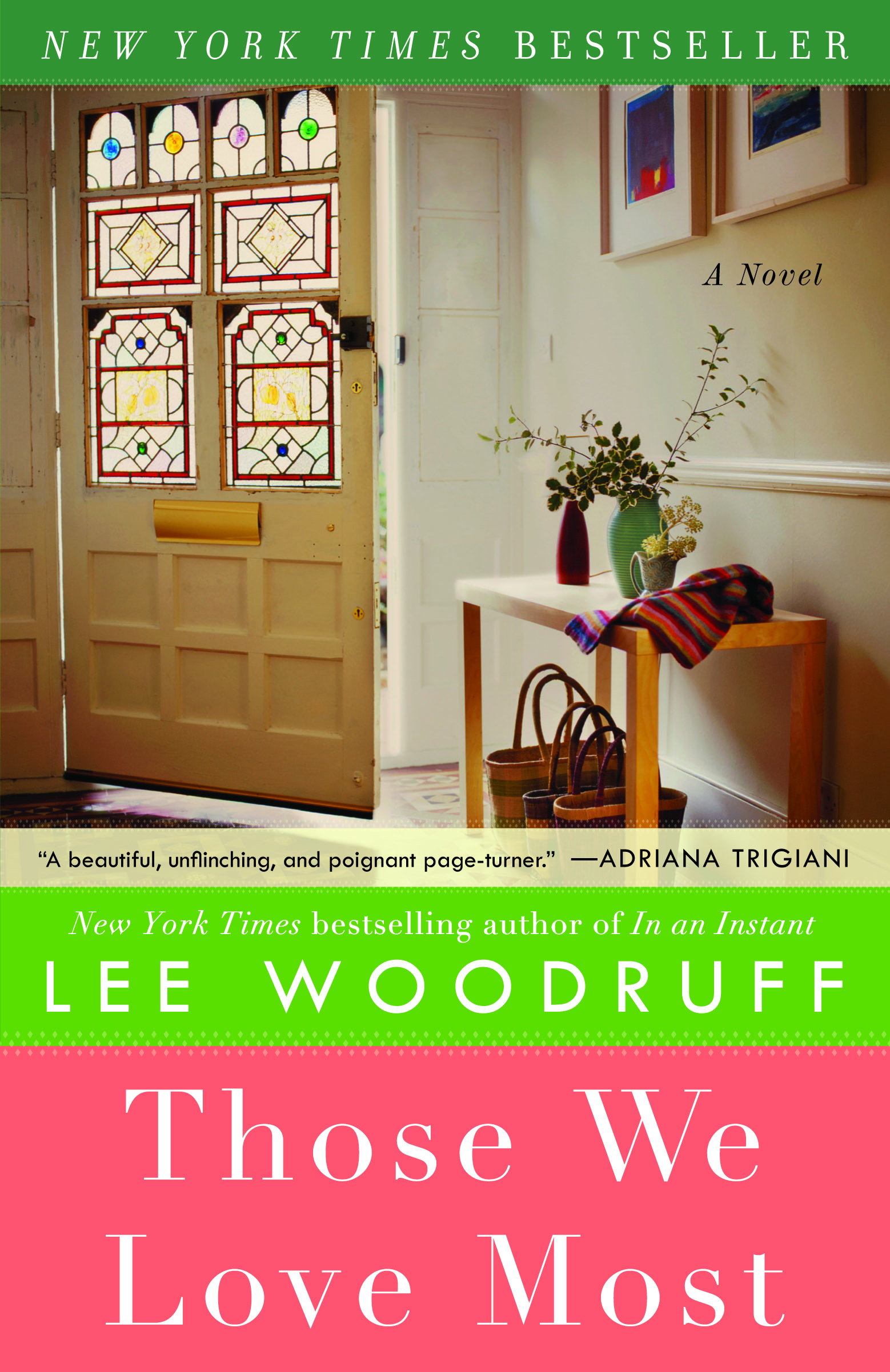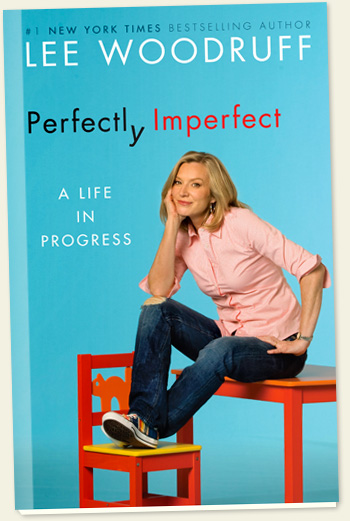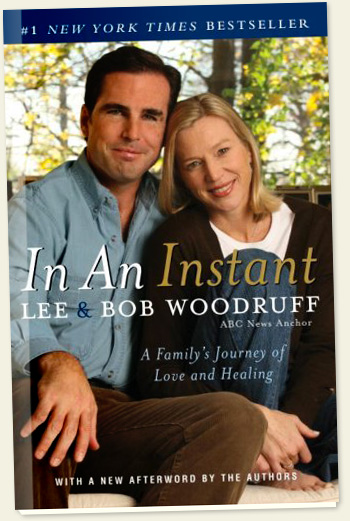The Ask
“Mom?” says my nine year old. “Why is it that only boys can ask out girls? Why can’t girls ever ask boys?” I stopped in my tracks. She is nine. But here in 2010, I had absolutely no good rationale for her. Part of me is amazed that, in fourth grade, we are already dealing with liking boys. And the other part, the feminist part, the girl-coming-of-age as Betty Friedan and Gloria Steinem were throwing off shackles and burning bras and asking just these sorts of questions, well, that part of me was thrilled. “There is no reason,” I said. “No reason you can’t ask.” Inside I was glowing a bit, feeling a moment of pride and hoping against hope my daughter would always see things this equally, the way little kids are born colorblind until they absorb prejudice through osmosis. Somewhere in there she had listened and observed, I thought to myself. Somewhere in there my daughter had gotten the message that girls were just as valuable as boys—that they could be rocket scientists and cure cancer and be president (almost) and do anything a guy could do. And so I only hesitated for a second before answering. The hesitation part- that was probably the tradition and decorum side of me; the part that had worn white gloves and learned how to foxtrot at dancing school and had waited all year for the once chance—at Sadie Hawkins dance -- to legally ask a boy out in Albany, NY. This boy thing, it had been creeping up. I’ve long been shut out of most of the doings of my oldest son and daughter. They worry that I talk too much or write too much or share too much with my sisters (their aunts) and the mothers of their friends. We’ve never had one of those “soul-bearing-tell-Mom-everything-in-the-car” relationships, my older kids and I. But then again, I didn’t with my own mother either as a teenager. But my daughter? At nine she is too young to fully grasp that there are other places to go to for advice. I’m still sort of cool to her. She thinks I know lots of things. And so she has told me – and I’ve been careful with this knowledge -- that she likes a boy. And her friends have told her he likes her back. Now my daughter is pretty fearless. She has guts and balls and knows how to stick her chin out. But inside she is mush. Nick names can hurt her and she loves to be snuggled and tickled and she has just the softest, softest skin, like those tissues with built in moisturizer. How can we have gone from baby soft skin to asking boys out? My babies are all gone now. “Ahhhhhhh” says the voice in my head, the one who got two teenagers to where they are now. “You know how this happens—it happens like greased lighting, like a bungee jump off a cliff.” And it happens especially if you aren’t looking. “I like Jimmy,” she tells me. “Yeah? What do you like about him?” I’m playing it cool. “He’s nice.” She smiles. Nice is on the right track. And so the next day, when she comes home from school, breathless and bursting with excitement and shutting the door abruptly on her twin sister so she can tell me the news alone, she has asked him out. “What did he say?” I ask, but I can already tell from her smug smile and the high color on her cheeks, that it has gone her way. “He said yes,” she looks down, beaming, as if all that happiness in one nine-year-old body is just too much to bear. Fast forward a few weeks and by now, the initial excitement has died down. For a while there Jimmy seemed slipped into every conversation. But not much happens when you go out in fourth grade. You don’t really even acknowledge or talk to one another. That would be too embarrassing. But its hard not to be proud—proud of what it took for her to ask the questions, of me, to ask him, to take control of the situation. Don’t get me wrong, I’m a big believer in tradition. I like ritual and ceremony. I am more drawn to old things; things that contain the secrets of generations, things well-worn and wise, over the shiny and new. But I’m proud of my daughter for questioning the status quo and for not settling. There will be enough of that in life and relationships – mixed in with the great parts she will uncover a little settling , a lot of compromise, some tempering of dreams and a dash of cold reality when she charts her own course. That’s simply how most of us move through the world as human beings. Its not a cop out. It’s life—with all its peaks and valleys. But for now? I love that I get to watch her burn bright and strong, like the tail of a comet. “Mom?” says my nine year old. “Why is it that only boys can ask out girls? Why can’t girls ever ask boys?” I stopped in my tracks. She is nine. But here in 2010, I had absolutely no good rationale for her. Part of me is amazed that, in fourth grade, we are already dealing with liking boys. And the other part, the feminist part, the girl-coming-of-age as Betty Friedan and Gloria Steinem were throwing off shackles and burning bras and asking just these sorts of questions, well, that part of me was thrilled. “There is no reason,” I said. “No reason you can’t ask.” Inside I was glowing a bit, feeling a moment of pride and hoping against hope my daughter would always see things this equally, the way little kids are born colorblind until they absorb prejudice through osmosis. Somewhere in there she had listened and observed, I thought to myself. Somewhere in there my daughter had gotten the message that girls were just as valuable as boys—that they could be rocket scientists and cure cancer and be president (almost) and do anything a guy could do. And so I only hesitated for a second before answering. The hesitation part- that was probably the tradition and decorum side of me; the part that had worn white gloves and learned how to foxtrot at dancing school and had waited all year for the once chance—at Sadie Hawkins dance -- to legally ask a boy out in Albany, NY. This boy thing, it had been creeping up. I’ve long been shut out of most of the doings of my oldest son and daughter. They worry that I talk too much or write too much or share too much with my sisters (their aunts) and the mothers of their friends. We’ve never had one of those “soul-bearing-tell-Mom-everything-in-the-car” relationships, my older kids and I. But then again, I didn’t with my own mother either as a teenager. But my daughter? At nine she is too young to fully grasp that there are other places to go to for advice. I’m still sort of cool to her. She thinks I know lots of things. And so she has told me – and I’ve been careful with this knowledge -- that she likes a boy. And her friends have told her he likes her back. Now my daughter is pretty fearless. She has guts and balls and knows how to stick her chin out. But inside she is mush. Nick names can hurt her and she loves to be snuggled and tickled and she has just the softest, softest skin, like those tissues with built in moisturizer. How can we have gone from baby soft skin to asking boys out? My babies are all gone now. “Ahhhhhhh” says the voice in my head, the one who got two teenagers to where they are now. “You know how this happens—it happens like greased lighting, like a bungee jump off a cliff.” And it happens especially if you aren’t looking. “I like Jimmy,” she tells me. “Yeah? What do you like about him?” I’m playing it cool. “He’s nice.” She smiles. Nice is on the right track. And so the next day, when she comes home from school, breathless and bursting with excitement and shutting the door abruptly on her twin sister so she can tell me the news alone, she has asked him out. “What did he say?” I ask, but I can already tell from her smug smile and the high color on her cheeks, that it has gone her way. “He said yes,” she looks down, beaming, as if all that happiness in one nine-year-old body is just too much to bear. Fast forward a few weeks and by now, the initial excitement has died down. For a while there Jimmy seemed slipped into every conversation. But not much happens when you go out in fourth grade. You don’t really even acknowledge or talk to one another. That would be too embarrassing. But its hard not to be proud—proud of what it took for her to ask the questions, of me, to ask him, to take control of the situation. Don’t get me wrong, I’m a big believer in tradition. I like ritual and ceremony. I am more drawn to old things; things that contain the secrets of generations, things well-worn and wise, over the shiny and new. But I’m proud of my daughter for questioning the status quo and for not settling. There will be enough of that in life and relationships – mixed in with the great parts she will uncover a little settling , a lot of compromise, some tempering of dreams and a dash of cold reality when she charts her own course. That’s simply how most of us move through the world as human beings. Its not a cop out. It’s life—with all its peaks and valleys. But for now? I love that I get to watch her burn bright and strong, like the tail of a comet.
























 February 25, 2010
February 25, 2010